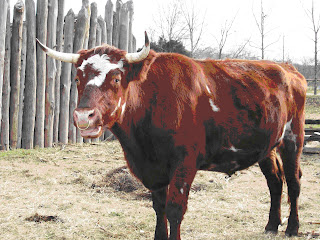
The Wagoner, Gerry Barker has retired from the Army, taught history and managed museums. He holds a MA in Labor History. He has specialized in Living History, taking part in numerous projects such a building forts and homesteads, wagon trains, military campaigns and reenactments of important events in American history. Gerry has written books and articles on frontier history, military history, living history techniques, mountaineering and survival. His current research is into the lives and work of wagoners in Colonial America.








